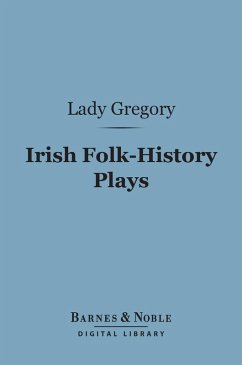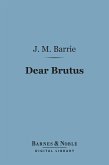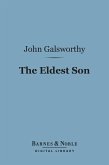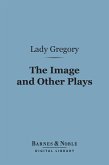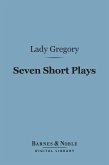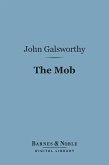This 1912 collection of plays by Lady Gregory, dedicated to Theodore Roosevelt, contains three tragedies: Grania, Kincora, and Dervorgilla. Many critics believe that Grania, in which she takes a traditional myth glorifying female self-sacrifice and gives it a feminist reinterpretation, is her masterpiece.
Dieser Download kann aus rechtlichen Gründen nur mit Rechnungsadresse in A, D ausgeliefert werden.

